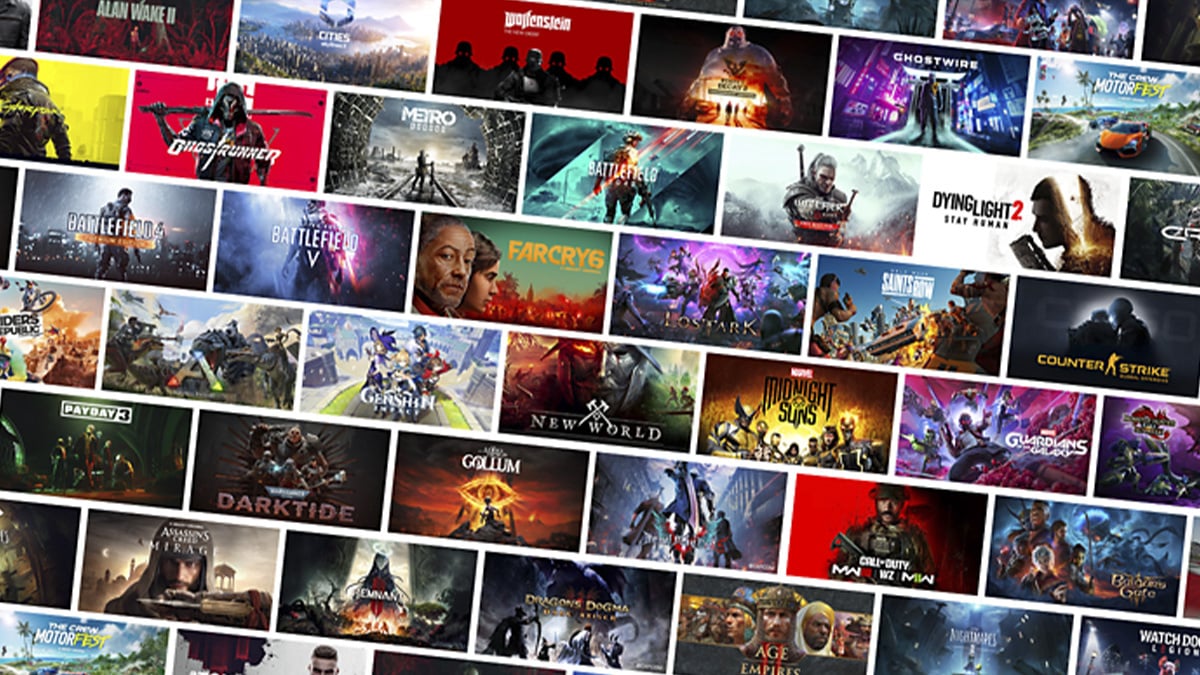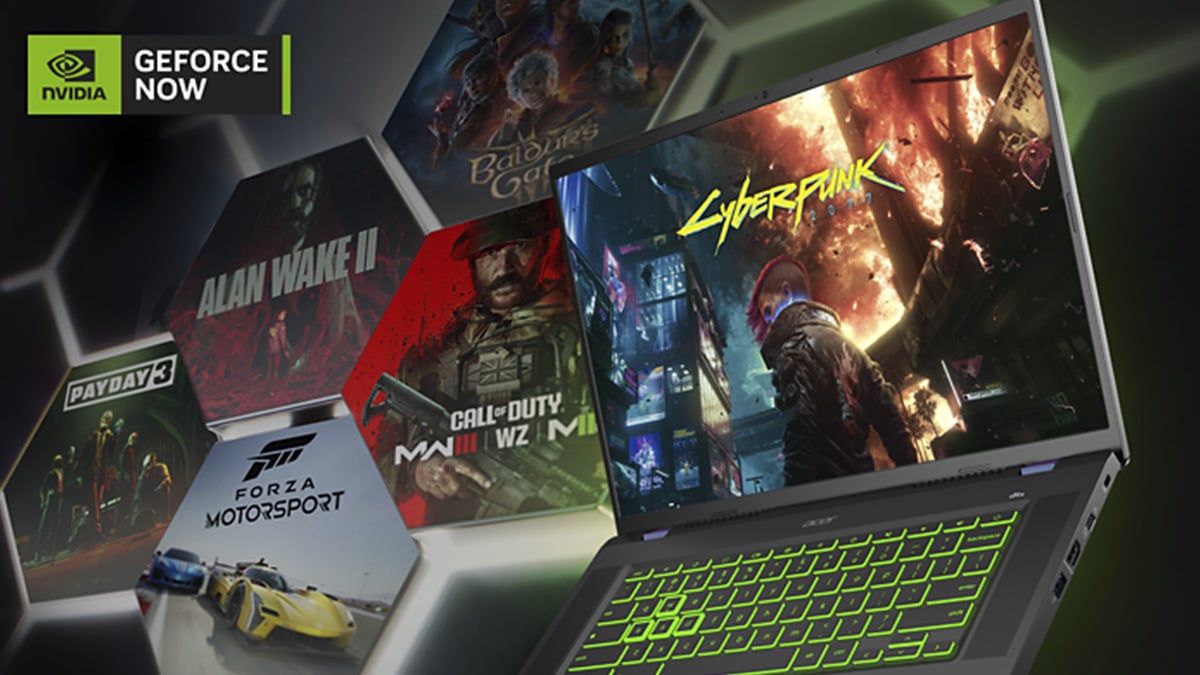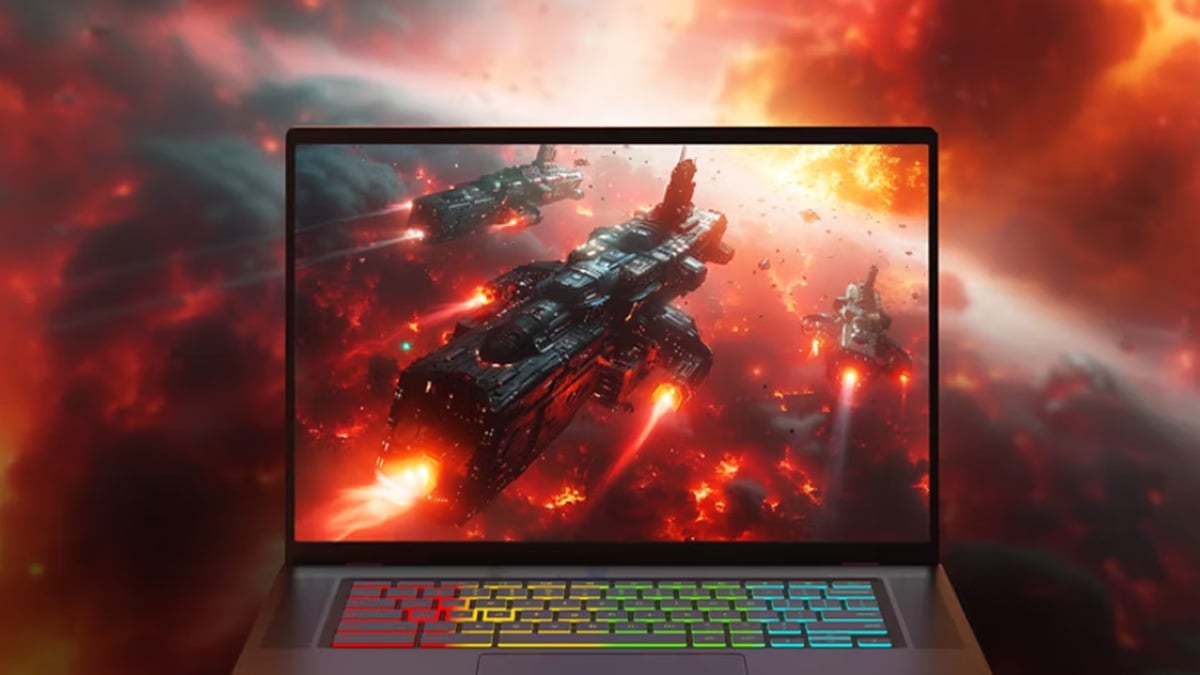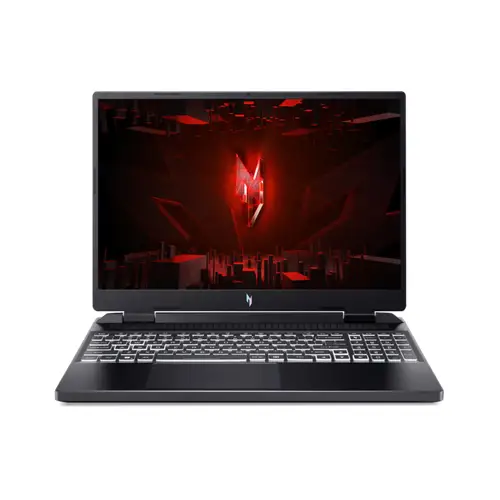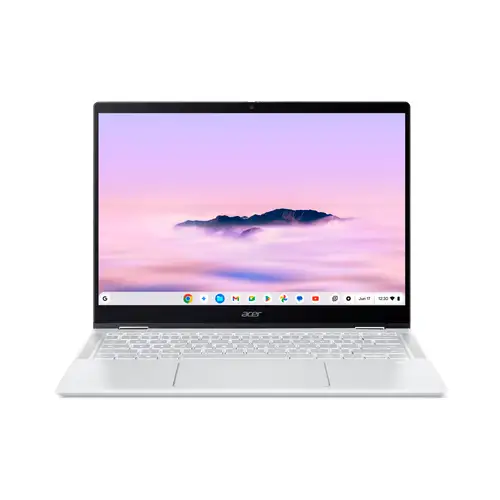No More Steam for Chromebooks After Jan 2026, Says Google
Google has confirmed that Steam for Chromebook will officially shut down on January 1, 2026, marking the end of its beta experiment that let users install and play PC games natively on select Chromebooks. While the service technically remains available until then, its closure underscores the ongoing challenges of running high-performance games on Chromebook hardware and signals a shift toward cloud gaming as the future of play on ChromeOS.
What is Steam on Chromebook?
Steam for Chromebook was a beta program launched by Google and Valve that allowed certain Chromebooks to run PC games natively through the Steam client. Unlike cloud gaming, where titles are streamed from servers, this initiative let users download and install games directly onto their Chromebook, provided the device met minimum requirements: an Intel i3 or Ryzen 3 processor, 8GB of RAM, and at least 128GB of storage.
The goal was to bring a PC-like gaming experience to ChromeOS devices, with access to popular games like Portal 2, Hollow Knight, and Vampire Survivors. However, because only a small number of high-end Chromebooks met the hardware demands, the program never reached wide adoption and remained in beta.
Why did Google and Valve cancel steam for Chromebook?
The cancellation ultimately comes down to hardware limitations and shifting priorities. Most Chromebooks were designed for web browsing, schoolwork, and lightweight apps—not high-performance gaming. Only a niche group of models could run Steam games decently, which kept the user base small.
Google has also shown a pattern of winding down underperforming gaming projects. Its cloud gaming platform Stadia was shut down in 2023 after failing to attract enough players. Steam for Chromebook faced a similar challenge: while the idea was exciting, the hardware ecosystem and demand weren’t strong enough to justify further development.
At the same time, cloud gaming has become the more practical solution for Chromebooks. Services like NVIDIA GeForce NOW or Xbox Cloud Gaming let users stream thousands of AAA titles with far better performance, regardless of local specs. This made it harder to justify Google’s investment in a native Steam client.
When will steam for chromebook end, and can you still use it now?
Google has confirmed that Steam for Chromebook will shut down on January 1, 2026. Until then, the service remains in beta and is still technically usable on supported devices. If you own a Chromebook that meets the requirements—Intel i3 or Ryzen 3 processor, 8GB RAM, and 128GB of storage—you can continue downloading and playing games through the Steam client.
To install it, you can search for the Steam installer in your Chromebook’s Launcher. If the installer doesn’t appear, your device likely doesn’t meet the minimum specifications. Once installed, you can launch Steam, sign in, and download compatible titles directly onto your Chromebook.
That said, it’s important to remember that the program never left beta. You may encounter bugs, limited title support, and performance issues, especially on devices that are only just meeting the minimum specs. After January 2026, the service will be discontinued completely, and Steam will no longer be supported on ChromeOS.
Alternatives to Steam for Chromebook
With Steam for Chromebook ending in January 2026, many users may be wondering what other options they have for gaming on ChromeOS. The good news is that cloud gaming services have become the go-to solution, offering access to massive game libraries without relying on high-end hardware. These platforms stream games directly to your device, meaning even budget-friendly Chromebooks can run demanding titles as long as you have a stable internet connection. Below are some of the best alternatives to keep playing games on your Chromebook.
1. NVIDIA GeForce NOW
GeForce NOW is one of the most popular cloud gaming platforms and arguably the best replacement for Steam on Chromebook. Instead of installing games locally, you stream them from NVIDIA’s powerful servers, which means even entry-level Chromebooks can handle AAA titles like Cyberpunk 2077 or Fortnite. The service supports your existing libraries from platforms like Steam, Epic Games, and Ubisoft Connect, making it an easy transition for players who already own PC games. With multiple membership tiers, including a free option, GeForce NOW delivers smooth gameplay as long as your internet connection is reliable.
2. Xbox Cloud Gaming
Xbox Cloud Gaming, included with Xbox Game Pass Ultimate, lets Chromebook users stream hundreds of games directly from Microsoft’s servers. Unlike GeForce NOW, which relies on titles you already own, this service offers an all-you-can-play subscription model with access to popular franchises like Halo, Forza, and Minecraft Dungeons. You can play through a browser on ChromeOS, and since the games run on Xbox hardware in the cloud, performance is consistent even on lower-end Chromebooks. For players who want variety without buying individual games, Xbox Cloud Gaming is one of the most cost-effective solutions available.
3. Amazon Luna
Amazon Luna is another strong cloud gaming option for Chromebook owners. It uses a channel-based subscription model, where you can subscribe to different libraries such as Luna+ for indie and mid-tier games, or Ubisoft+ for access to major titles like Assassin’s Creed and Far Cry. Games stream directly through the Chrome browser, so no installation is required. Luna also integrates with Twitch, making it easy for gamers to stream or discover new titles. While its library isn’t as large as Xbox Game Pass or GeForce NOW, it’s a flexible and affordable way to enjoy a range of games on ChromeOS.
4. Shadow Tech
Shadow Tech takes a slightly different approach to cloud gaming by giving you access to a full Windows gaming PC in the cloud. Instead of just streaming individual titles, you get a virtual desktop where you can install Steam, Epic Games, Battle.net, or any other launcher you prefer. This makes it the closest experience to owning a powerful gaming rig, even if you’re on a lightweight Chromebook. The service does come with a higher monthly cost compared to other platforms, but for players who want complete freedom to run any PC game or mod, Shadow Tech is one of the most versatile alternatives available.
5. Google Play Store
While not a direct replacement for Steam, the Google Play Store remains the most accessible way to find games for Chromebook. Thousands of Android games are available to download, from casual hits like Among Us, Hearthstone, and Teamfight Tactics to more advanced titles optimized for larger screens. Many of these games also support controllers and cloud saves, making them surprisingly versatile. For users who want fun games to play on Chromebook without extra subscriptions or setup, the Play Store is the simplest option and works on nearly every ChromeOS device.
Can you still use steam on chromebook after 2026?
Even after Google shuts down the official Steam for Chromebook beta on January 1, 2026, you can still technically install Steam through ChromeOS’s Linux development environment (Crostini). This method lets you download the Linux version of Steam and, in many cases, run both native Linux titles and Windows games through Proton, Valve’s compatibility tool.
How to get Steam on Chromebook via Linux
- Turn on Linux support
- Open Settings > Developers > Linux development environment (Beta).
- Click Turn On and follow the setup instructions.
- Update Linux packages
- Once the Linux terminal opens, type: sudo apt update && sudo apt upgrade -y
- Install Steam
- In the terminal, type: sudo apt install steam
- Confirm the installation and wait for it to complete.
- Launch Steam
- Open the App Launcher and select Steam from your Linux apps.
- Sign in with your Steam account.
- Enable Proton for Windows games (optional)
- In Steam, go to Settings > Compatibility.
- Check “Enable Steam Play for all titles” to use Proton.
Important notes
- Performance depends heavily on your Chromebook’s hardware—Intel i5/i7 or Ryzen 5/7 models with at least 8GB RAM are recommended.
- Battery life may drain faster while gaming.
- Some games won’t run smoothly or may require extra troubleshooting.
So while Steam for Chromebook won’t be officially supported after 2026, Linux remains a workaround for those who still want to install and play PC games directly. For everyone else, cloud gaming is likely the more stable and user-friendly solution.
Acer Chromebook Plus 516 GE: built for the future of gaming
With Steam for Chromebook ending in January 2026, the future of gaming on ChromeOS clearly belongs to the cloud. Acer’s Chromebook Plus 516 GE is a prime example of this shift. Built with gamers in mind, it offers a 16-inch WQXGA (2560 × 1600) 120 Hz display, Intel Core 5 120U processor, 8GB of RAM, and a 256GB SSD. Add in Wi-Fi 6E, Ethernet connectivity, and an RGB anti-ghosting keyboard, and you have a Chromebook purpose-built for cloud gaming platforms like NVIDIA GeForce NOW, Xbox Cloud Gaming, and Amazon Luna.
While it’s disappointing to see Steam support shut down, this marks a natural progression for ChromeOS. Local gaming on Chromebooks was always limited by hardware, but cloud gaming has removed those barriers—bringing AAA experiences to any Chromebook with a strong internet connection. The Acer Chromebook Plus 516 GE stands as the perfect device to carry that future forward, showing that even without Steam, Chromebooks are more ready than ever to play.
Recommended Products
Patrick Yu is a Senior Project Manager at Level Interactive and has 8 years of experience writing business, legal, lifestyle, gaming, and technology articles. He is a significant contributor to Acer Corner and is currently based in Taipei, Taiwan.






